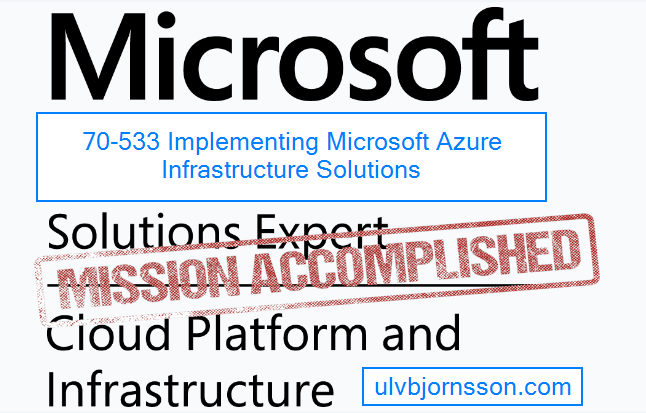Over the last few years, cloud computing has been the buzz. Cloud computing services offer an infrastructure that is highly scalable and supports high-performance computing. With high adoption by businesses of all sizes. Development and deployment of applications within the cloud platform are easy and time to market is done in a fraction of the time.
Artificial intelligence is not a new technology. It has been here for a long time and has helped develop computers and software that perform tasks that are associated with intelligence. Machine learning and deep learning are subsets of artificial intelligence that involve the development of algorithms that learn from data inputs and give intelligent output based on that data and the learned patterns.
A lot of research has been done and still is being done on implementing artificial intelligence into cloud computing. Cloud service providers such as Amazon, Google and Microsoft have already integrated AI into their clouds to improve service delivery. AI brings about capabilities such as machine learning, recognition of patterns and robotics to the cloud. On the other hand, the cloud is able to provide a wide range and large volumes of data since these capabilities are largely dependent on data as input so as to produce the desired output. The cloud also allows the systems to open-access and open-source data which is very crucial in facilitating collaborative learning.






